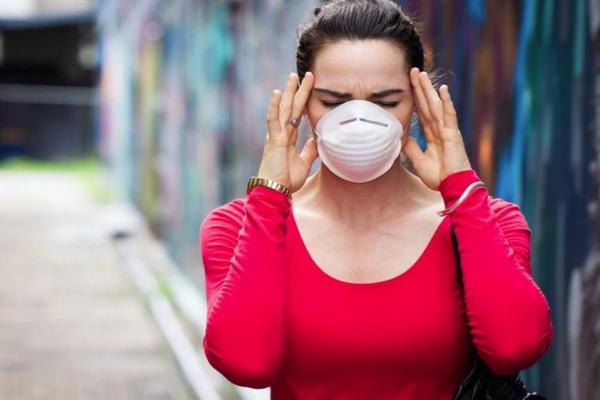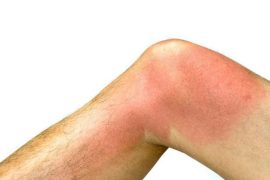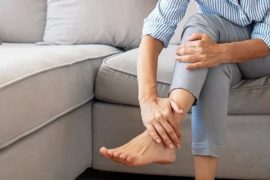Зміст
The virus from China primarily threatens the elderly and people with weakened immunity. It is transmitted via the drip route. There is no vaccine, but there are prevention methods.
Every day, new reports of coronavirus infection and information about more patients appear. About 80,000 people are infected worldwide, more than 2 thousand have died. The threat has long been not only from China, but also from Europe. Experts assure you that there is no reason to panic.
• high temperature above 38 degrees Celsius,
• cough,
• shortness of breath and shallow breathing.
Less commonly, muscle pain, headache, sore throat, and frustration can occur. A coronavirus disease resembles the flu or the common cold.
To minimize the risk of coronavirus infection, you should follow the recommendations of the World Health Organization and the Ministry of Health.
Wash your hands often
Always immediately after returning home, after going to the toilet, before cooking and eating. To effectively get the viruses out of your hands, use soap and water to clean them, and if you don’t have access to them, use alcohol-containing liquids, antibacterial gels, or disinfectant wipes. Hands should be washed for at least 30 seconds, thoroughly wash all surfaces of the hands, then rinse thoroughly and dry. Also try to touch your face with your hands as rarely as possible – eyes, nose and mouth.
Avoid contact
If possible, it is worthwhile to limit contact with people with visible symptoms of the disease – fever and cough. Keep a minimum distance of one meter – this way you minimize the risk of transmission of the drip virus.
Try not to eat with other people from the same container or package (for example, popcorn or chips). Do not drink from other bottles.
If you have symptoms, see your doctor.
If you have a high fever, shortness of breath, or coughing, see your doctor. Avoid contact with loved ones so as not to infect them. If you cough or sneeze, cover your mouth and nose with a tissue, and then throw it away. This prevents the spread of viruses.
Protect immunity
To lead a healthy lifestyle – regularly eat nutritious foods, get enough sleep, exercise regularly, find time to relax, and avoid strong stresses.
Avoid human encounters
If you do not need, do not use collective communication. Avoid offices, stations and places where many people stop at the same time. If you do not need, do not travel, especially to places where coronavirus infection is confirmed.
And if you are traveling outside the country:
• avoid close contact with someone who has a cough or fever,
• wash your hands often or disinfect them,
• Avoid touching your face with your hands.
Coronavirus infection does not mean an immediate threat to life. People over 65 years of age, as well as immunocompromised and chronically ill patients, are primarily at risk of developing a severe form of coronavirus disease.
Among current recommendations, there are no indications for wearing masks in public places. By the way, it is worth knowing – to protect against the virus, you need not just a disposable surgical mask, but one with a filter.








